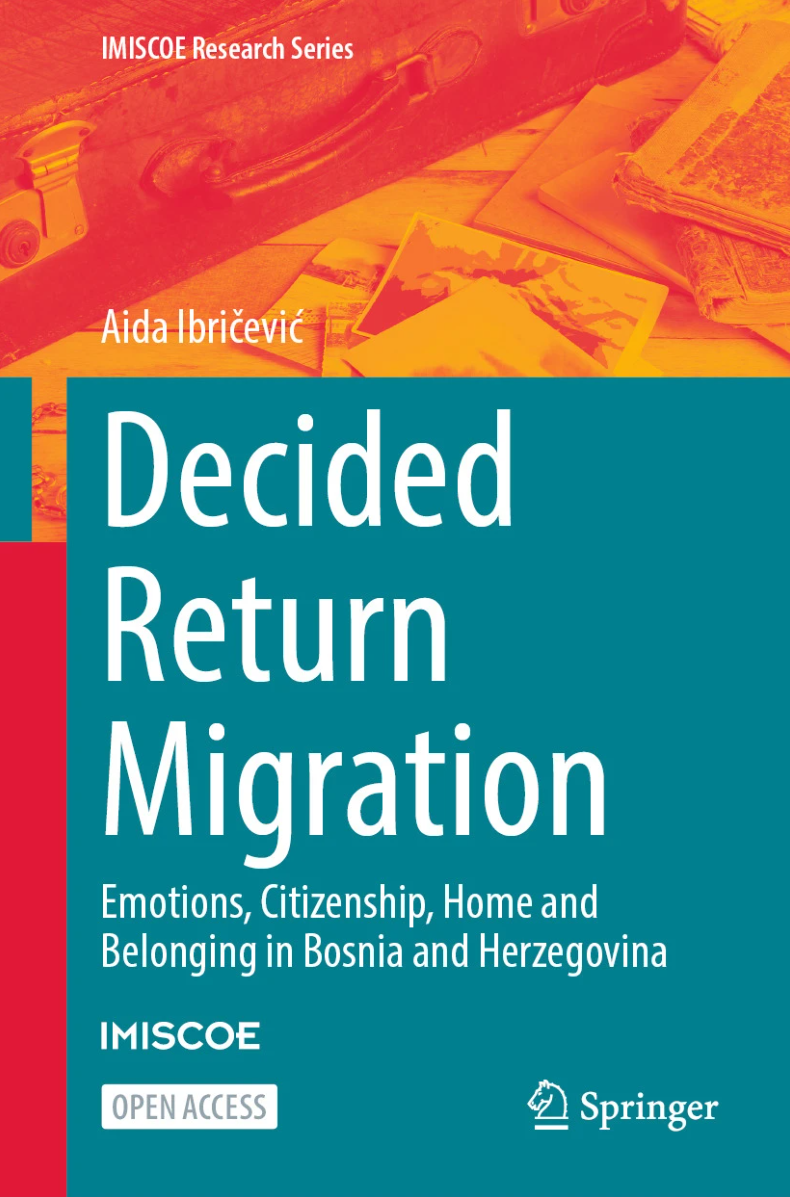
The debate on the voluntariness of returns figures prominently in the field of return migration and especially within the governance of return migration. When people return to their country of origin do they return because they have to or because they genuinely want to return? The book 'Decided Return Migration: Citizenship, Emotions, Home and Belonging in Bosnia and Herzegovina' investigates the former and borrowing from the work of Jean-Pierre Cassarino, labels this type of return as “decided return migration.”
The returnees in this book, using their own agency, have decided to leave the comfort and stability of living in the West to return to a post-conflict society. Their return is neither compelled by legal limitations, as most of them have dual and in some cases triple citizenship, nor incentivized by a governmental assisted return program. The starting premise of the book is that the motivation to return to a post-conflict society, like Bosnia and Herzegovina, given a viable alternative of livelihood and successful integration abroad is primarily emotional. This assertion makes the returnees particularly sensitive to the emotional experience of citizenship and therefore, their understanding of “citizenship as feeling” is expected to be particularly pronounced, nuanced and diversified. In fact, their understanding of BiH citizenship is constituted through a wide spectrum of emotions, ranging from anger, frustration, fear, guilt, shame, disappointment, nostalgia, powerlessness, to patriotic love, pride, defiance, joy, happiness and hope.
However, unlike previous research, the returnees to Bosnia and Herzegovina do not conceptualize the emotional dimension of their BiH citizenship as home and belonging, because the key ingredient connecting the three concepts is missing. The BiH citizenship does not make them feel safe and secure. Instead, “feeling at home” is found in family, place and time, while belonging is categorized as ethnic, religious, relational, landscape, linguistic, and economic.





